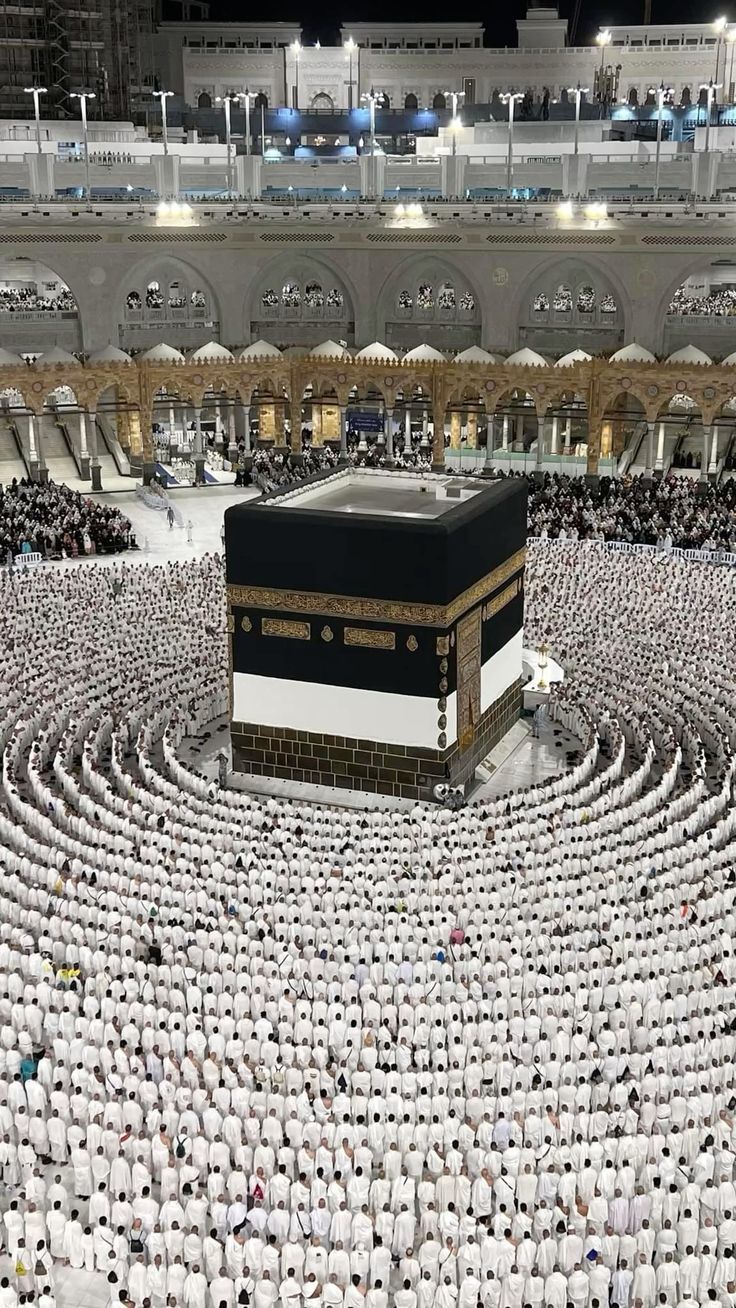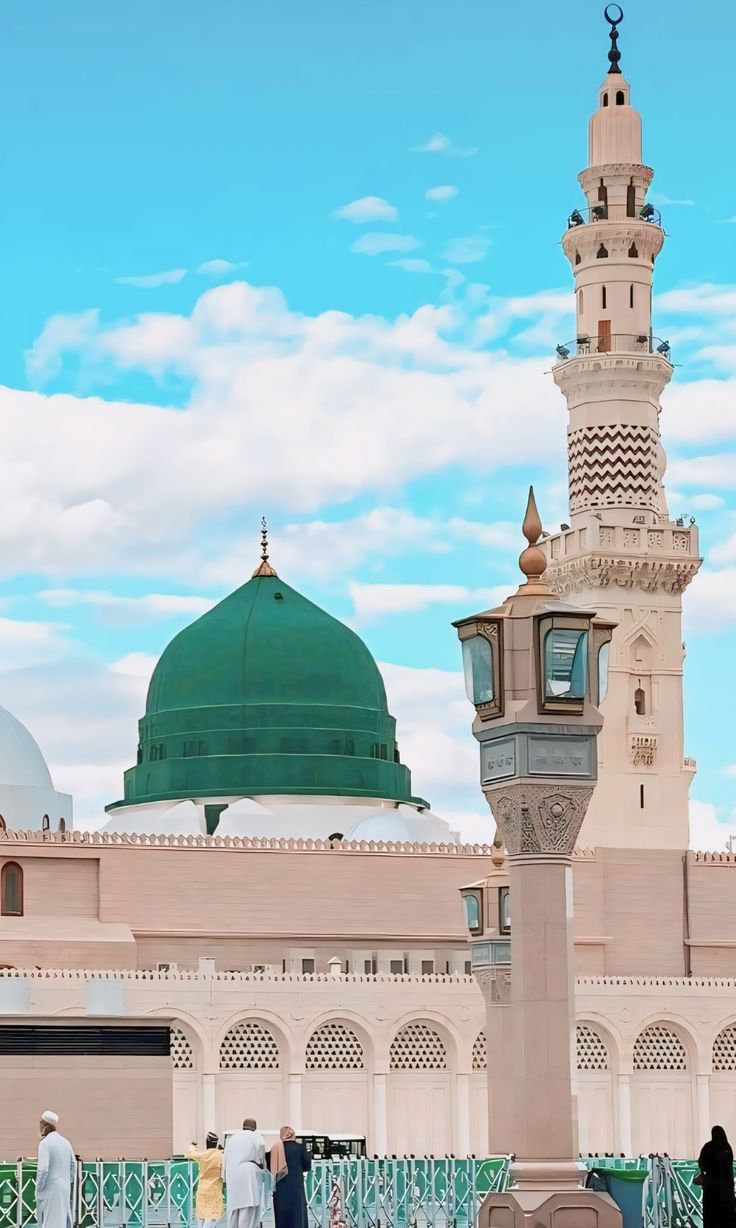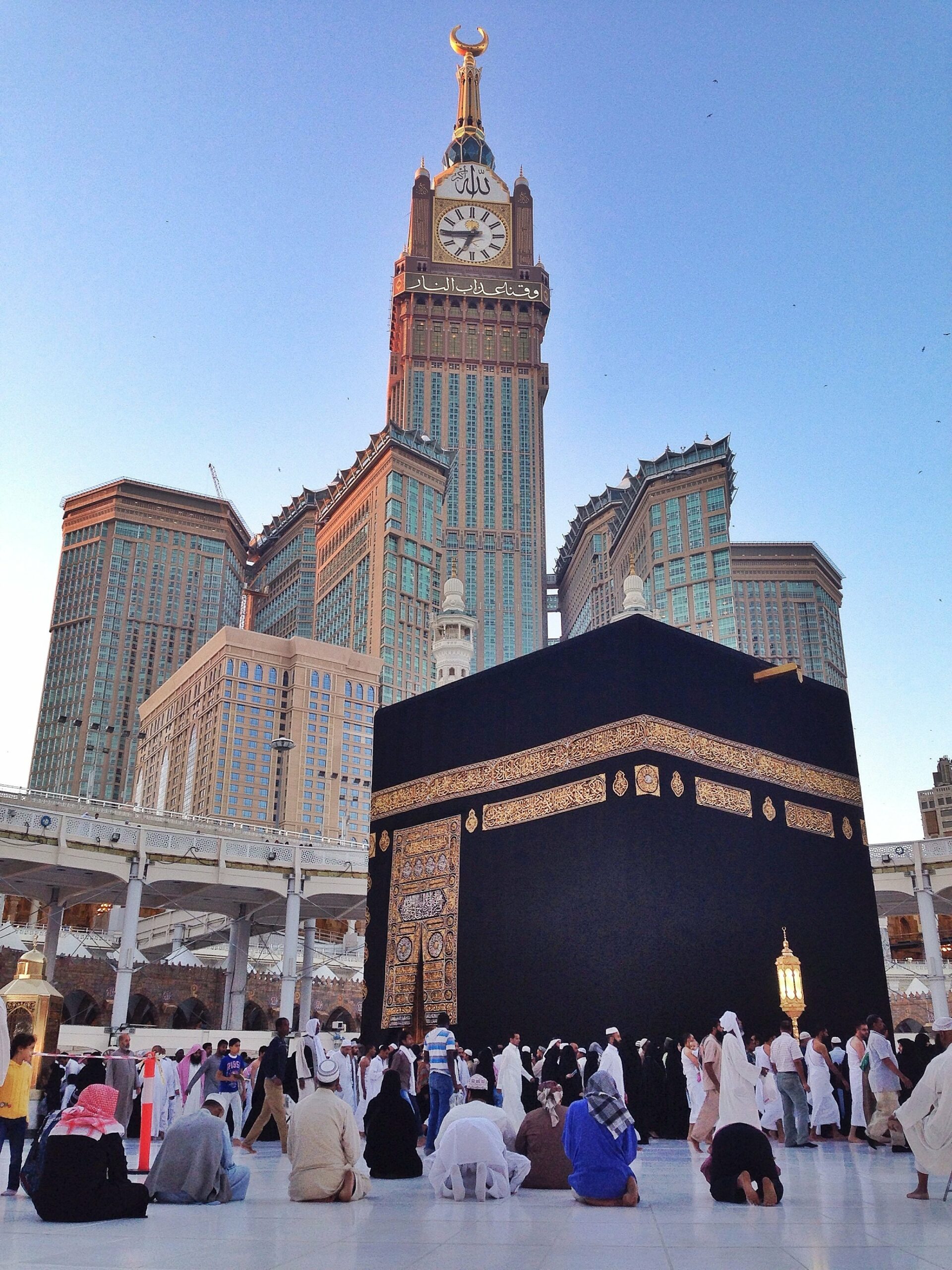Hajj 2025 Budget Package (15-18 Days)
Ibrahim (AS) or Khalilullah (the friend of Allah) as he is referred to, is considered to be one of the greatest of Allah’s (SWT) creations. His reflective nature and the soundness of his heart brought him to the revelation of one God, Allah (SWT) – Ibrahim’s (AS) story of prophethood is well documented in the Islamic tradition.
During his prophethood, Ibrahim (AS) encountered several trials that serve as reminders and lessons to mankind regarding devotion to Allah (SWT), sacrifice, faith, as well as other crucial tenets of Islam. These trials include the test of Ibrahim’s (AS) willingness to sacrifice his son Isma’il (AS) for the sake of Allah (SWT), and the test of leaving his wife Hajar and son Isma’il (AS) alone in the desert of Makkah – it is this test that provides the basis for Hajj.
By the instruction of Allah (SWT), Ibrahim (AS) was to leave Hajar and Isma’il (AS) in the ancient desert of Makkah. The little food and water that they had soon ran out, and Isma’il (AS), an infant at the time, was crying of thirst. Hajar, desperately in search of water, ran between the nearby hills of Safa and Marwah in the hope of spotting someone who may be able to help.
Hajar returned to find Isma’il (AS) striking and scraping the ground with his leg in distress, when suddenly a spring burst forth from the barren desert. By the command of Allah (SWT), a source of water from deep within the earth (that is still in use today), provided Hajar and Isma’il (AS) with water – this is known as the well of Zam Zam.
The water source provided a means of trade for Hajar, with passing nomads exchanging food and other provisions for water. The site became prosperous for Hajar and her son, and when Ibrahim (AS) was commanded to return to them in the desert, he was amazed to see the miracles that had unfolded for them, and the fruits of his faith in Allah (SWT).
The Construction Of The Kaa’ba
It was at the site of the well of Zam Zam that Ibrahim (AS) was commanded to build the Kaa’ba.
Ibrahim (AS) and his son Isma’il (AS) worked together to build a small stone structure called the Kaa’bah. It was built to mark a space for the sacred gathering of Muslims – all those who believed in the one God, Allah (SWT).
The Inception of Hajj (The Sacred Pilgrimage)
As time elapsed, the site of the miracle well of ZamZam and the Kaa’bah would provide the means for Makkah to become a thriving and prosperous settlement. Ibrahim (AS) returned to the site each year to offer his pilgrimage to Allah (SWT), and years later, when Isma’il (AS) was given his prophethood, he continued the tradition – the inception of the Hajj.
However, during the thousands of years that would pass, the site that was built to commemorate the lessons of Ibrahim’s (AS) trial, the miracle of Allah (SWT) and most importantly the belief in one God, was taken over by pagan Arabs and the worship of idols and spirits. This now thriving and prosperous settlement grew into a city for trade and the worship of pagan Gods – of which the Kaa’ba would eventually house.
Thousands of years later, a man named Muhammad, born into the high-status Quraysh tribe of Makkah, would be given revelation and prophethood. The last of Allah’s (SWT) messengers, Muhammad (peace and blessings be upon him), established Islam in the land for mankind – with this came the commandment to restore the Kaa’ba to its original purpose and resume Hajj.
The first Hajj was performed in In 632 CE, by the Prophet Muhammad (peace and blessings be upon him), re-establishing the traditions started by the Prophet Ibrahim (AS).
Hajj As We Know It Today
Today, over 2.5 million Muslims of every race, class, and culture around the world travel to Makkah each year in Dhul Hijjah, to stand equal before Allah (SWT) and fulfil the rites of Hajj.
Some people save up money their entire lives to be able to perform Hajj, while others are able to fulfil it more than once. Regardless of whether you’ve yet been able to attend or not, the month of Dhul Hijjah holds countless blessings for Muslims around the world! During the month of Dhul Hijjah, Muslims can even achieve a similar reward to that of going to Hajj by seeking special reward during this holy month. Find out more about the benefits of Dhul Hijjah here.




